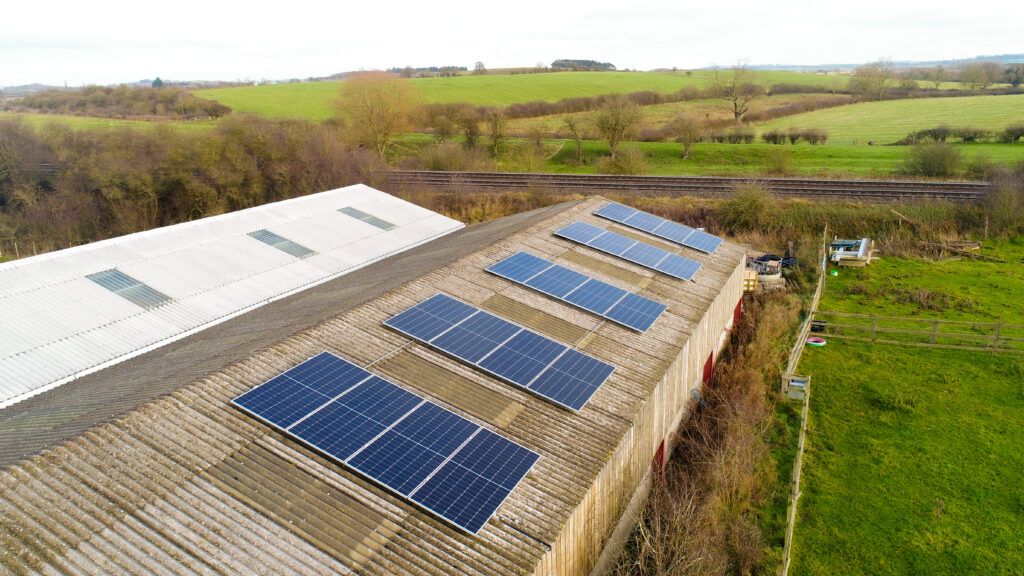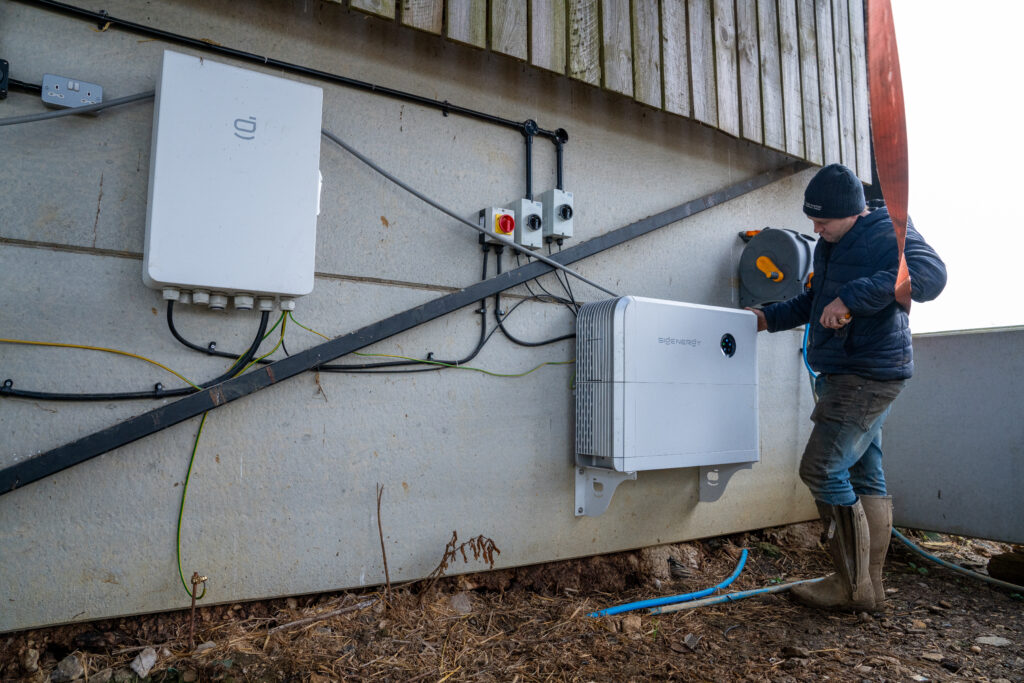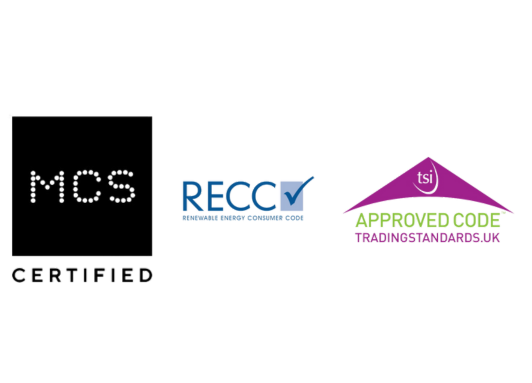The primary funding opportunity for farmers seeking to implement solar energy solutions is the Improving Farm Productivity (IFP) Grant.
- Solar Photovoltaic (PV) Systems: Farmers can apply for grants ranging from £15,000 to £100,000, covering up to 25% of the total project cost. This funding is designated for installing solar PV systems on farm building rooftops or floating on irrigation reservoirs. Ground-mounted systems are not eligible.
Eligibility Criteria
To be eligible for these grants, applicants must:
- Be a farmer or horticultural business operating in England.
- Ensure that the solar PV systems are installed on farm building rooftops or irrigation reservoirs.
- Be able to finance the remaining project costs through personal funds, loans, or other financial means.

Application Process
The application process involves two main stages:
- Initial Application: Submit an initial application through the Rural Payments Agency (RPA), detailing the proposed project and its alignment with grant objectives.
- Full Application: If the initial application is successful, proceed to submit a full application with comprehensive project plans and financial details.
Applications are competitive and evaluated based on how well they meet the funding criteria. It’s advisable to consult the latest guidance on the GOV.UK website for detailed information and updates.

Frequently Asked Questions (FAQ)
1. Can I apply for both a Solar PV grant and a Farm Productivity grant?
Yes, you can apply for both grants by submitting separate applications for each. However, the total combined grant funding cannot exceed £500,000 per applicant business.
2. Are tenants eligible to apply for these grants?
Tenants can apply, subject to the length of tenancy and landlord undertakings. It’s important to have the necessary permissions and agreements in place before applying.
3. Can the grant be used to add battery storage to an existing PV system?
Yes, the grant can be used to add battery storage to an existing PV system, enhancing energy resilience and efficiency.
4. What costs are covered by the grant?
The grant covers a percentage of the total project cost, including equipment purchase and installation. Applicants must be able to finance the remaining costs through other means.
5. How are applications assessed?
Applications are competitive and assessed based on how well they meet the funding criteria outlined in the guidance documents. It’s crucial to provide detailed and accurate information to support your application.
6. Where can I find more information and assistance with the application?
For detailed guidance and the latest updates, visit the GOV.UK website. Additionally, consulting with agricultural advisors or organizations familiar with the grant process can provide valuable assistance.

By leveraging these grants, farmers can adopt solar energy solutions that enhance productivity, reduce energy costs, and contribute to environmental sustainability. Staying informed about available funding opportunities and understanding the application process are key steps toward successful implementation.

